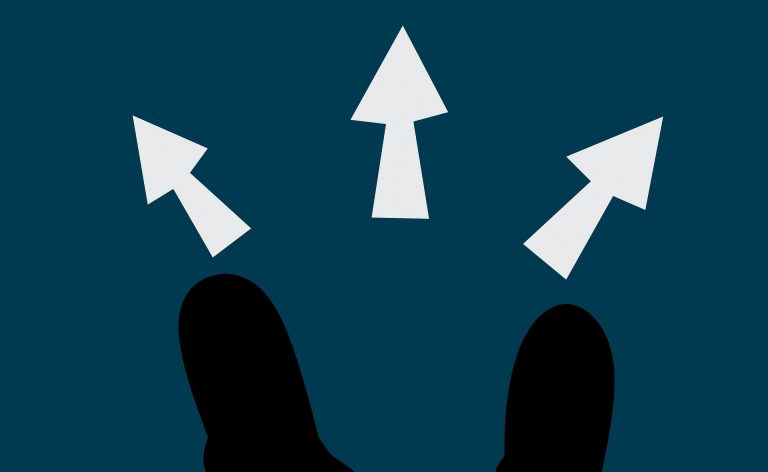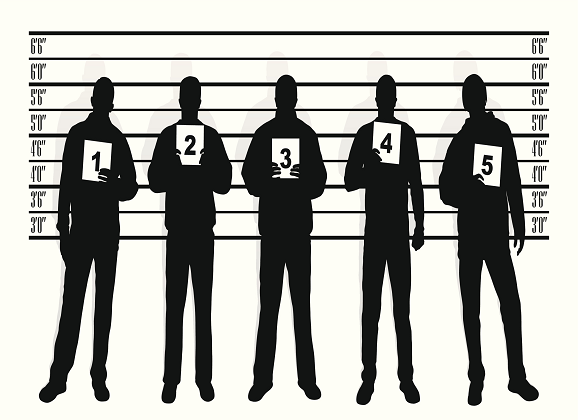Wait, So Why Don’t We Do This?
“It’s impossible,” said pride. “It’s risky,” said experience. “It’s pointless,” said reason. “Give it a try,” whispered the Heart. — Unknown
Last week, we talked about self-affirmation and the ways it can help protect you from threatening situations. In fact, one of our readers even commented how he himself found the technique useful in his own life.

But we’re psychophilosophers here, and as convincing as his (and others’) personal narratives are, we psychophilosophers require science.
So what does the empirical data have to say about the effectiveness and application of self-affirmation? Let’s start with medical decision-making.
Although taking preventive steps for medical issues (such as screening yourself for breast or testicular cancer) can have health benefits, it also risks threatening results. For example, people avoid the dentist for fear a toothache is a cavity; or after unprotected sex, a person fails to get tested for sexually-transmitted diseases.
However, researchers have shown that doing a self-affirmation task before having the option to learn whether or not you have a serious illness (real to the participants, not to life) makes you three times more likely to hear out the information.
But it’s not just in the lab that these effects have been shown. Self-affirmation has had some impressive effects out in “the wild,” too.
Minorities in the classroom often feel academically threatened by their identity. For example, Latino Americans, aware of the stereotypes against them succeeding academically, consequently feel threatened in such environments, which can impede their performance.
So researchers took this very real world problem and applied a self-affirmation intervention.
Both sixth grade Latino and European Americans completed or didn’t complete a modified version of the self-affirmation task (e.g., instead of ranking “government/politics” as one of the values, they saw “being good at art” or “having a sense of humor”). Half of all students did four versions of a control intervention (like the one I talked about last week), while the other half did four versions of the self-affirmation task.
And by the end of the year, the Latino Americans (who feel threatened in the classroom–compared to their European counterparts) in the self-affirmation condition had a .5 better GPA (or more than half a letter grade!) compared to the control condition. And even more impressively, this improved academic trajectory mainted three years later.

The researchers found that doing the self-affirmation task helped alleviate the women’s self-doubt, which resulted in much stronger performances.
But even beyond specifically threatened groups, a study done with South Korean participants showed that those who self-affirmed their values once a week for three weeks (vs. a control group) had greater general wellbeing by the end of the study. They reported greater satisfaction of life needs, greater meaning in life, and more overall positive emotions.
An effect they replicated in the United States, too.
So why aren’t the presidential candidates discussing the self-affirmation plans they intend to roll out across the nation?
Well, research shows that when you’re aware of the benefits self-affirmation is supposed to bring you, you recognize the task as just a “means to some end,” in which case you lose sight of the natural value that comes from reminding yourself of your real priorities and what makes you the authentic you.
But even though you may know the ingredients that go into the meal, it doesn’t mean you can’t enjoy (and subsequently benefit) from its true tastiness.
More-affirmedly,
jdt
Everyday Psychology: Can you think of any friends who could benefit from a self-affirmation intervention? Try having them do it as this “weird thing a psychologist recommended” and see if they don’t benefit from it. Presuming they will, not only will the suggestion help them, you also look great for advising it 😉
Howell, J. L., & Shepperd, J. A. (2012). Reducing information avoidance through affirmation. Psychological science, 23(2), 141-145.
Kinias, Z., & Sim, J. (2016). Facilitating Women’s Success in Business: Interrupting the Process of Stereotype Threat through Affirmation of Personal Values. Journal of Applied Psychology.
Nelson, S. K., Fuller, J. A., Choi, I., & Lyubomirsky, S. (2014). Beyond Self-Protection Self-Affirmation Benefits Hedonic and Eudaimonic Well-Being. Personality and Social Psychology Bulletin, 40(8), 998-1011.
Sherman, D. K., Cohen, G. L., Nelson, L. D., Nussbaum, A. D., Bunyan, D. P., & Garcia, J. (2009). Affirmed yet unaware: exploring the role of awareness in the process of self-affirmation. Journal of personality and social psychology, 97(5), 745.
Sherman, D. K., Hartson, K. A., Binning, K. R., Purdie-Vaughns, V., Garcia, J., Taborsky-Barba, S., … & Cohen, G. L. (2013). Deflecting the trajectory and changing the narrative: how self-affirmation affects academic performance and motivation under identity threat. Journal of Personality and Social Psychology, 104(4), 591.









It’s alarming that I never noticed that, as a brown woman studying in a predominately white campus, I feel threatened by my identity. In retrospect even when I was at school, it always came naturally to me to prove myself against stereotypes out of insecurity. And so all those high-stakes tests and all that perfectionism would take its toll on my mental health.
Got to eliminate them (or at least, trying to) once the self-awareness hit me. But the fact that my perceptions on race and gender played a part surprisingly never occurred to me.
Hit the nail on the head, this post. Thanks Jake!
I am truly warmed that you found this post beneficial 🙂 This is why I write them. I think there is a lot of knowledge from psychological research that has real value to people, and reading comments like yours are my inspiration to continue.